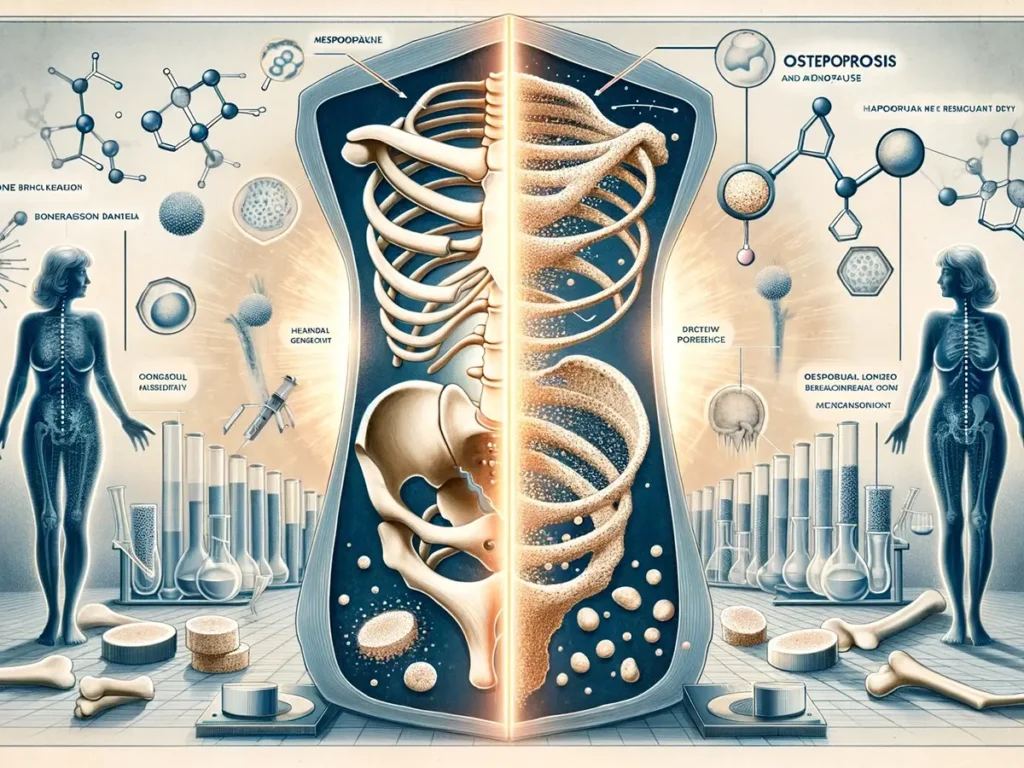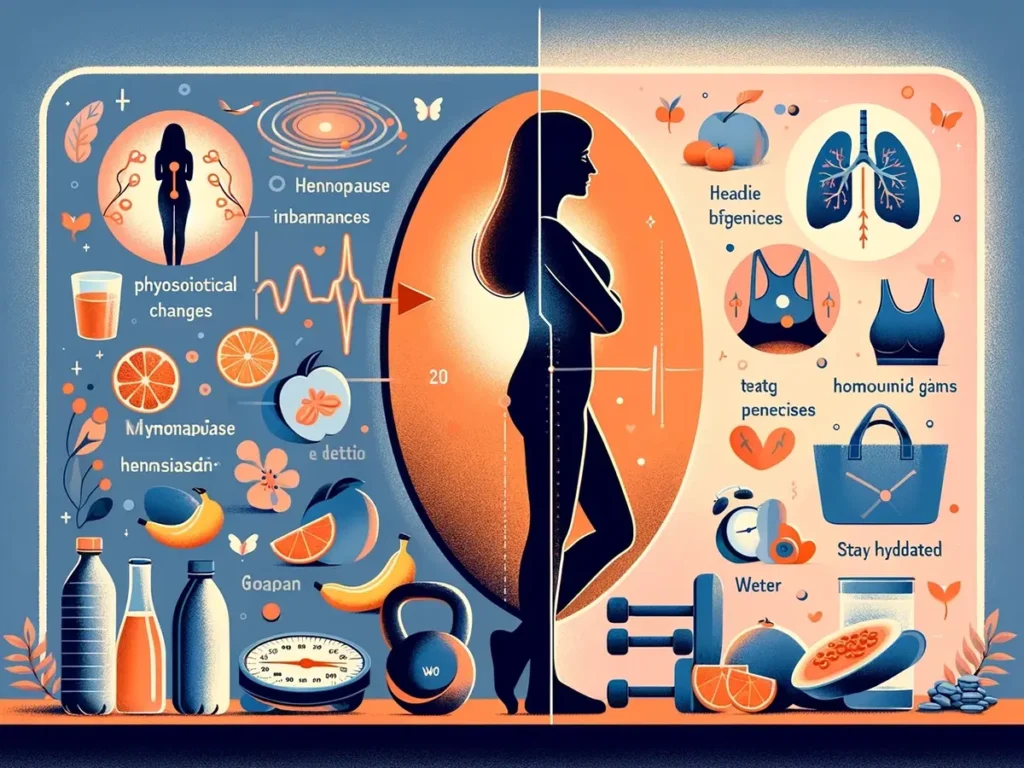Menopause is a natural phase of life that all women go through. It marks the end of a woman’s reproductive years and is characterized by a decline in hormonal levels, particularly estrogen and progesterone. While most women are aware of the physical changes that occur during menopause, such as hot flashes and night sweats, there is another symptom that often goes unnoticed or is misunderstood – menopausal memory loss, commonly referred to as “menopausal fog.” This blog post will debunk the myths surrounding menopausal fog and shed light on the proper relationship between menopause and memory.
The Myth of Menopausal Fog
One of the most common misconceptions about menopause is that it causes significant memory problems. Many women believe that they will experience a decline in cognitive function and memory loss during this stage of life. However, research suggests that the relationship between menopause and memory is more complex than it seems.
While it is true that some women may experience memory difficulties during menopause, these issues are often mild and temporary. They are not indicative of a permanent decline in cognitive abilities. Studies have shown that menopause does not significantly impact long-term memory or overall cognitive function.
The Role of Hormones
The decline in estrogen levels during menopause is often blamed for memory problems. Estrogen plays a crucial role in brain function, including memory formation and retrieval. When estrogen levels drop, it can affect specific cognitive processes, leading to forgetfulness and difficulty concentrating.
However, it is essential to note that not all women experience memory problems during menopause. Some women may even report improved cognitive function during this time. This suggests that factors other than hormones, such as lifestyle and genetics, also affect memory changes.
Other Factors Influencing Memory
Several other factors can influence memory during menopause. Sleep disturbances are common during this time, and poor-quality sleep can negatively impact memory and cognitive function. Stress and mood changes, which are also prevalent during menopause, can further contribute to memory difficulties.
Additionally, age-related changes in memory may coincide with menopause, leading to a misconception that menopause is solely responsible for memory problems. It is essential to differentiate between regular age-related memory changes and memory problems related explicitly to menopause.
Managing Menopausal Fog
While menopausal fog may not be as significant as commonly believed, some strategies can help manage memory difficulties during menopause:
- Stay mentally active: Engaging in activities challenging the brain, such as puzzles or learning a new skill, can help improve memory and cognitive function.
- Get enough sleep: Prioritize quality sleep to enhance memory and overall brain health.
- Manage stress: Practice stress-reducing techniques like meditation or deep breathing exercises to alleviate memory difficulties associated with menopause.
- Stay physically active: Regular exercise has been shown to improve cognitive function and memory.
- Seek support: If memory difficulties affect daily life, consider seeking support from a healthcare professional who can provide guidance and resources.
Conclusion
Menopausal fog is a common term for memory difficulties that women may experience during menopause. However, the impact of menopause on memory is often exaggerated. While some women may experience mild memory problems during this time, they are usually temporary and do not indicate a permanent decline in cognitive abilities. By understanding the true relationship between menopause and memory, women can better manage any memory difficulties they may encounter during this phase of life.






